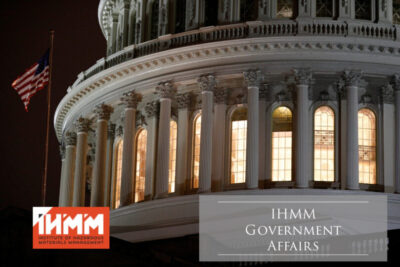House committee leaders this week have advanced their portions of the $3.5 trillion budget reconciliation package, and Speaker Nancy Pelosi (D-CA) is fine-tuning the massive Build Back Better Act for a floor vote after the House is back from recess next week.
House Democrats have raced over the past week to assemble more than 2,600 pages of legislative text encompassing the economic and social agenda outlined by President Biden. The measure seeks to expand Medicare, invest in education and family-focused programs and commit new funds toward combating climate change.
Even as the House readies the bill, the plan faces major hurdles in the Senate. With congressional Republicans in lockstep opposition to the social spending package, Democrats are seeking to move a bill through reconciliation with 51 votes, bypassing any Republican filibuster. Two centrist Democrats – Sen. Kyrsten Sinema (D-AZ) and Sen. Joe Manchin (D-WV) – have signaled they won’t support the package unless Democrats lower the price tag. President Biden met with both senators yesterday to try to win their support.
“The president certainly believes there’ll be ongoing discussions,” White House press secretary Jen Psaki said yesterday. “Not that there’s necessarily going to be a conclusion out of those today, but that was the primary focus and purpose of these meetings.”
Democratic leaders are seeking to frame the legislation alongside the New Deal and Great Society in terms of its transformative power. The bill would mandate universal paid family leave and expand Medicare to include dental, hearing and vision benefits. It would also guarantee prekindergarten for all children ages 3 and 4, fund better protections for the nation’s elderly, increase pay for child care workers and require employers without employer-sponsored retirement plans to automatically enroll their employees in IRAs or 401(k)-type plans.
Much of the cost of these new investments is financed by new taxes on corporations and the wealthy, while sticking to Biden’s pledge not to raise taxes on anyone making less than $400,000 per year. The tax hikes are projected to raise about $2.9 trillion in revenue to cover the cost of the bill. The new top tax rate on Americans earning over $435,000 would jump from 37 percent to 39.6 percent, and the new corporate tax rate for large profitable businesses would be 26.5 percent, up from the current rate of 21 percent.


